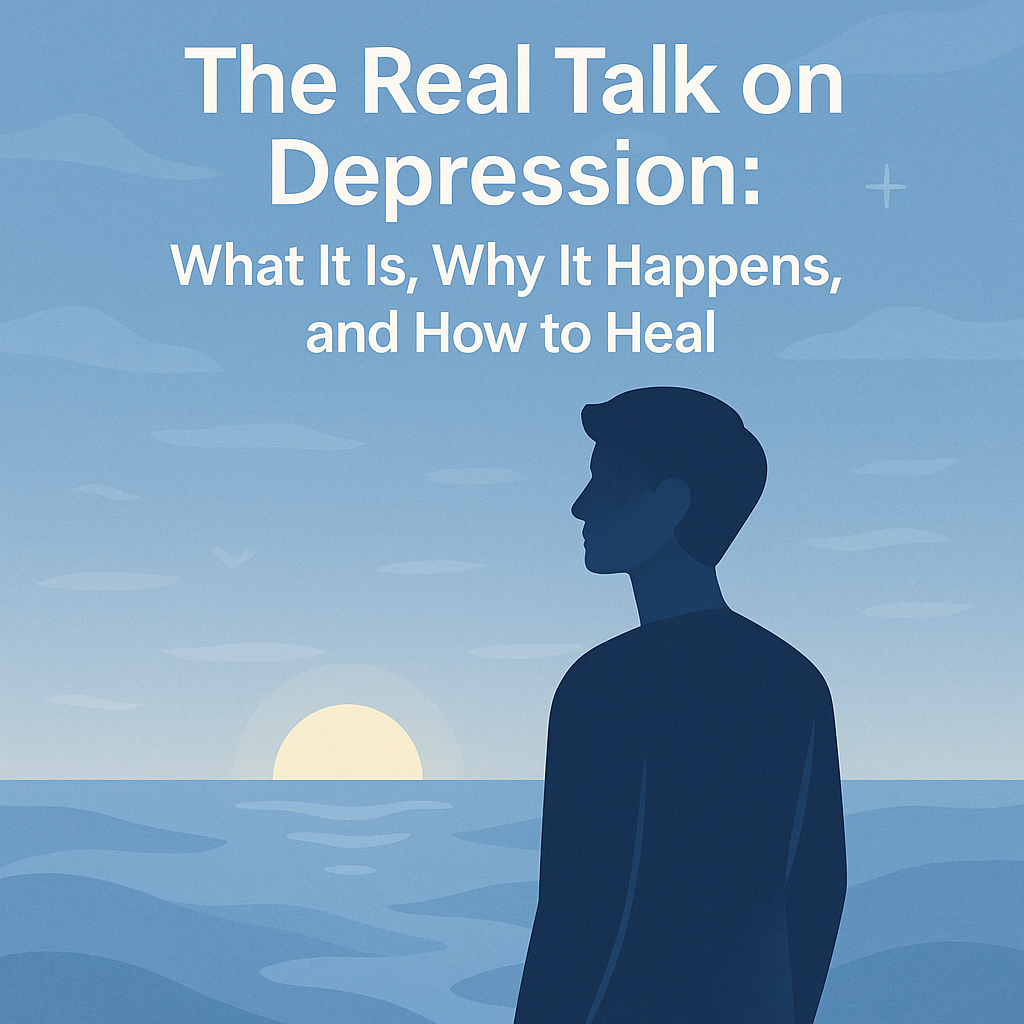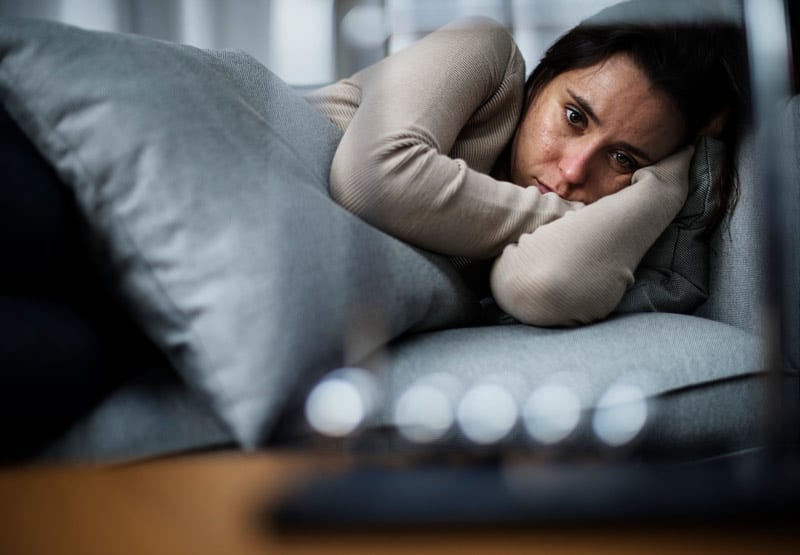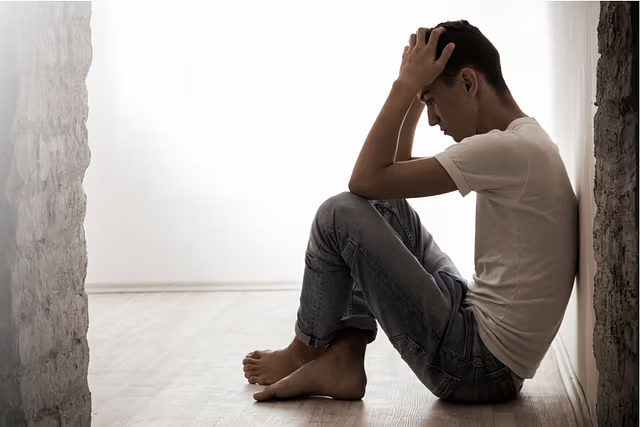Let’s Get Real About Depression
Depression isn’t just a fleeting feeling of sadness or a rough day at work. It’s a complex mental health condition that affects millions worldwide, influencing how we think, feel, and function daily. Whether you’re navigating it yourself or supporting someone who is, understanding depression is the first step toward healing.
What Is Depression?
Depression, clinically known as major depressive disorder, is a mood disorder characterized by persistent feelings of sadness, hopelessness, and a lack of interest or pleasure in activities. It goes beyond temporary emotional responses and can significantly impair daily functioning. According to the Mayo Clinic, depression affects how you feel, think, and behave and can lead to a variety of emotional and physical problems.
Types of Depression
Depression manifests in various forms, each with unique features. Understanding the type of depression is crucial for effective treatment. As outlined by WebMD, common types include:
-
Major Depressive Disorder (MDD): Severe symptoms that interfere with daily life.
-
Persistent Depressive Disorder (Dysthymia): Chronic depression lasting two years or more.
-
Bipolar Disorder: Alternating periods of depression and mania.
-
Seasonal Affective Disorder (SAD): Depression related to seasonal changes.
-
Postpartum Depression: Depression following childbirth.
-
Premenstrual Dysphoric Disorder (PMDD): Severe premenstrual symptoms.
-
Atypical Depression: Depression with mood reactivity and other specific symptoms.
-
Psychotic Depression: Depression accompanied by psychosis.
-
Situational Depression: Depression triggered by specific life events.
Causes of Depression
Depression results from a combination of factors:
-
Biological: Neurotransmitter imbalances, hormonal changes, and genetics.
-
Psychological: Low self-esteem, negative thinking patterns, and trauma.
-
Environmental: Chronic stress, abuse, and significant life changes.
-
Medical Conditions: Chronic illnesses and certain medications.
These factors interact differently in each individual, making depression a highly personal experience. Medical News Today provides an in-depth look at these causes.
Symptoms of Depression
Depression symptoms vary but commonly include:
-
Persistent sadness or emptiness
-
Loss of interest in activities
-
Changes in appetite or weight
-
Sleep disturbances
-
Fatigue or low energy
-
Feelings of worthlessness or guilt
-
Difficulty concentrating
-
Thoughts of death or suicide
Recognizing these symptoms early can lead to timely intervention. The NHS offers a comprehensive list of depression symptoms.
Risk Factors and Triggers
Certain factors increase the risk of developing depression:
-
Genetics: Family history of depression.
-
Personality Traits: Low self-esteem or pessimism.
-
Trauma and Stress: Abuse, loss, or major life changes.
-
Substance Abuse: Alcohol or drug misuse.
-
Medical Conditions: Chronic illnesses like diabetes or heart disease.
Triggers can include significant life events, hormonal changes, or even seasonal shifts. The Centers for Disease Control and Prevention (CDC) discusses these risk factors in detail.
Comorbidities: When Depression Coexists
Depression often co-occurs with other conditions:
-
Anxiety Disorders: Generalized anxiety, panic disorders.
-
Substance Use Disorders: Alcohol or drug dependence.
-
Chronic Pain: Conditions like fibromyalgia.
-
Cardiovascular Diseases: Heart disease and stroke.
These comorbidities can complicate diagnosis and treatment, necessitating a comprehensive approach. Psychiatrist.com provides insights into these complexities.
Diagnosis: How Is Depression Identified?
Diagnosing depression involves a thorough evaluation by a healthcare professional, including:
-
Clinical Interviews: Discussing symptoms, history, and functioning.
-
Physical Exams: Ruling out medical causes.
-
Psychological Questionnaires: Assessing severity and type.
Early diagnosis is key to effective treatment. The Mayo Clinic outlines the diagnostic process.
Treatment Options
Effective treatments for depression include:
-
Psychotherapy: Cognitive-behavioral therapy (CBT), interpersonal therapy.
-
Medications: Antidepressants like SSRIs and SNRIs.
-
Lifestyle Changes: Regular exercise, healthy diet, and sleep hygiene.
-
Alternative Therapies: Mindfulness, meditation, and acupuncture.
Treatment plans should be individualized, considering the person’s specific needs and preferences. The Better Health Channel offers guidance on managing depression.
Support and Resources
If you or someone you know is struggling with depression, help is available:
-
NAMI HelpLine: 1-800-950-NAMI (6264)
-
Crisis Text Line: Text HOME to 741741
-
SAMHSA’s National Helpline: 1-800-662-HELP (4357)
-
988 Suicide & Crisis Lifeline: Call or text 988health.com+10thesun.co.uk+10verywellmind.com+10
These resources offer free, confidential support 24/7. Visit NAMI and Crisis Text Line for more information.
You’re Not Alone
Depression is a challenging but treatable condition. With the right support, treatment, and self-care, recovery is possible. Remember, seeking help is a sign of strength, not weakness. You’re not alone, and brighter days are ahead.
Related Posts :






